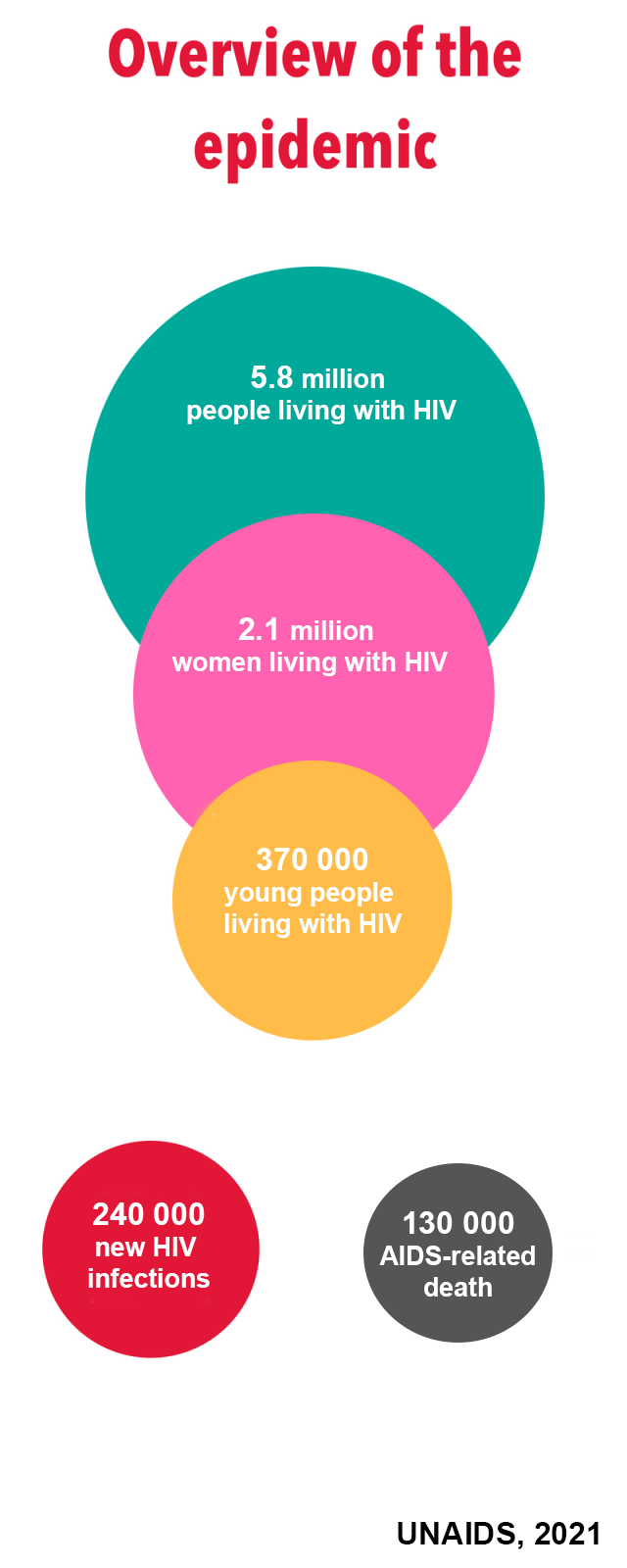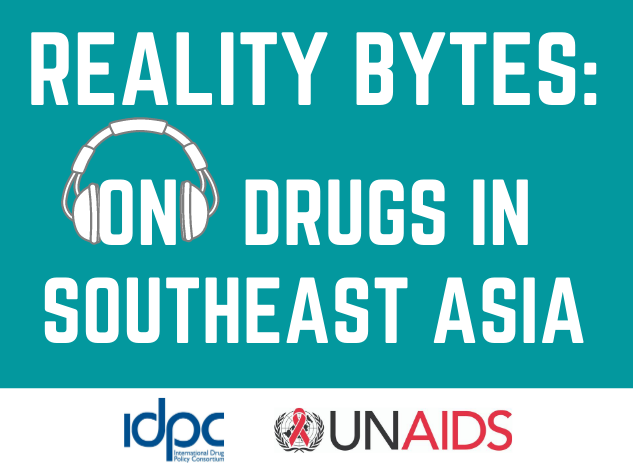UNAIDS Regional Director urges action to address the HIV epidemic in Papua New Guinea

PORT MORESBY, 22 February 2024— Ahead of Zero Discrimination Day, commemorated annually on March 1, UNAIDS Regional Director for the Asia Pacific and Eastern Europe Central Asia Regions, Mr. Eamonn Murphy, visited Papua New Guinea. The mission aimed to raise awareness, mobilize action, and advocate for urgent measures to address the country’s growing HIV crisis.
Papua New Guinea’s alarming situation
Papua New Guinea’s estimated number of people living with HIV (PLHIV) was 72,000 in 2022. This translates to a 1% HIV prevalence nationally among adults. This level is the highest in the past 12 years. As of the end of 2022, an estimated 70% of people living with HIV in Papua New Guinea were aware of their status. Of these, 87% were on treatment.
Papua New Guinea faces an alarming rate of new HIV infections, with an estimated 18 new infections per day (approximately 6,500 in 2022). This represents a 131% increase since 2010. Most provinces report an upward trend in new cases.
Around 800 new HIV infections occur annually among infants born to mothers living with HIV, equivalent to two infections per day in 2022.
Most new infections result from sexual transmission due to multiple unprotected sexual encounters.
There were an estimated 1,100 AIDS-related deaths last year. The mortality rate due to AIDS has not declined from 2010 levels.
Urgent Call to Action
Mr. Murphy emphasized the need to scale up HIV testing including self-testing and community-based testing, especially among key populations and young people who are at the highest risk. Knowing one’s HIV status is crucial for early intervention and prevention.
He advocated for the roll-out of new innovations such as pre-exposure prophylaxis or PrEP. (PrEP is a powerful HIV prevention strategy that involves HIV-negative individuals taking a medication to significantly reduce their risk of acquiring the virus.) He also urged healthcare providers, policymakers, and community leaders to actively promote PrEP.
Mr Murphy also called on government and partners to invest more resources and adopt innovative approaches to achieve the 95-95-95 targets by 2030: ensuring that 95% of PLHIV know their status, 95% of diagnosed people receive antiretroviral therapy, and 95% of those on treatment achieve viral suppression.
Beyond prevention and treatment interventions, the Regional Director called on stakeholders to address the social and structural drivers driving HIV transmission including poverty, gender inequality, violence, and human rights violations.
A critical strategy is U=U (Undetectable equals Untransmittable). This refers to the fact that people living with HIV who maintain an undetectable viral load through consistent adherence to antiretroviral therapy (ART) cannot sexually transmit the virus to others.
Mr. Murphy further called for zero discrimination and zero tolerance for stigma, harassment, or violence against key populations and PLHIV. Civil society and community-based organizations play a vital role in advocating for rights and providing support.
UNAIDS and the UN system stand in solidarity with Papua New Guinea as we work together to address the AIDS epidemic. Our shared commitment remains steadfast: to eliminate AIDS as a public health threat by 2030.
For more information about Zero Discrimination Day (1 March), visit: https://www.unaids.org/en/2024-zero-discrimination-day
 UNAIDS Asia-Pacific
UNAIDS Asia-Pacific 


